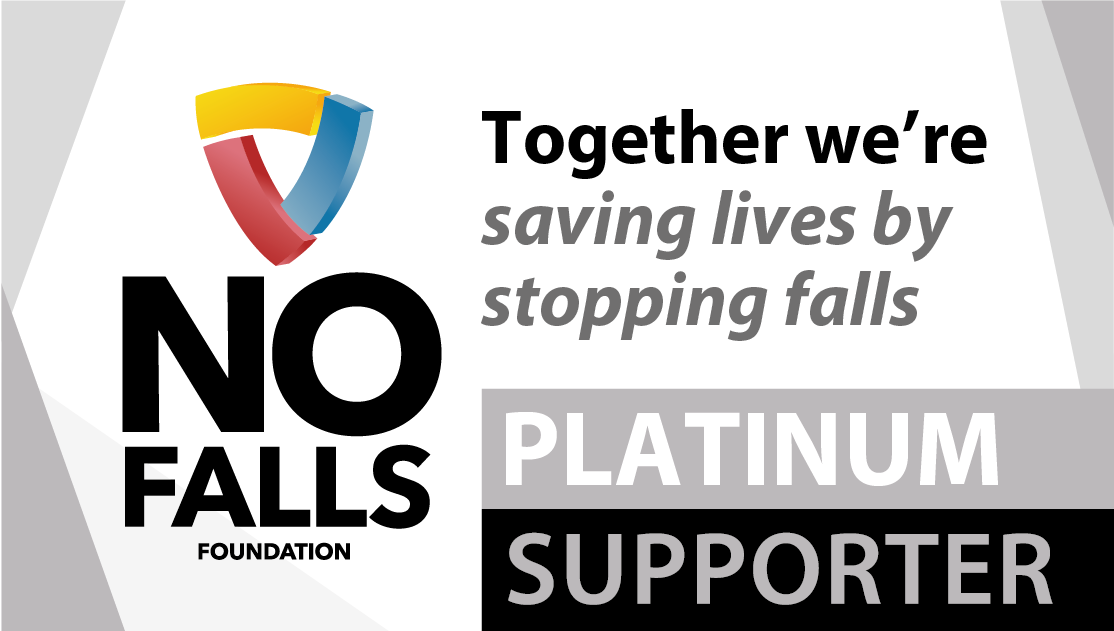Fall from a scaffold tower

We were sorry to hear of a terrible accident involving a fall from a scaffold tower in Reading in December 2016 that left a man with life-changing injuries. Samuel Goemans suffered a serious head injury in the fall which led to him experiencing long term brain and memory problems, suffering seizures and losing the ability to care for himself.
The investigation has recently concluded and the Health and Safety Executive (HSE) found that the principal contractor failed to control the safety and planning on site and the sub-contractor carried out unsafe working practices.
The principal contractor, Turnkey Contractors Limited, pleaded guilty to breaching Section 3 (1) of The Health and Safety at Work etc. Act 1974. This law places a duty on employers to work in such a way that people are not exposed to health and safety risks. For not doing so, the company was fined £40,000 and ordered to pay costs of £3184.00.
The director of the company pleaded guilty to breaching Section 3 (1) of The Health and Safety at Work etc. Act 1974 and has received a Community Service Order for 100 hours.
The subcontractor, Cedar Ridge Construction Limited, pleaded guilty to breaching Regulation 4 (1) of The Work at Height Regulations 2005. This means they failed to ensure that work on the scaffold tower was properly planned, appropriately supervised and carried out in a safe manner. As a result, the company was fined £40,000 and ordered to pay costs of £3184.00.
News of this outcome came shortly after HSE revealed that 40 people died as a result of a fall from height at work in 2018/19. We know that on top of that, there are thousands of non-fatal falls every year and Samuel's accident is sadly just one example. It's a stark reminder of how serious the consequences can be when the safety of workers is not the top priority.
Speaking after the hearing, HSE inspector Ian Whittles said: "Falls from height remain one of the most common causes of work-related injuries in this country and the risks associated with working at height are well known. The case highlights the importance of following industry guidance in order to design and erect scaffolding in a safe manner, which does not raise risk to members of the public and workers using the scaffold."
As the only organisation dedicated to advancing safety for users of scaffold towers, PASMA is well-placed to advise employers on tower safety.
Commenting on this accident, the Chair of PASMA's Hire and Assembly committee and owner of STS Access Pete Harley said: "This case is a sad reminder of how badly things can go wrong when work is carried out at height without proper planning and preparation. If you're doing a job with mobile access towers, take the advice given by the Health and Safety Inspector involved with this case, who reminded firms to always follow industry guidance to ensure towers are used safely. Don't take chances with your own safety or anyone else's - the consequences could be devastating."
No Falls Foundation is a charity dedicated to supporting people who've been affected by the consequences of a fall. If you find yourself in this situation, please consider getting in touch with them.



